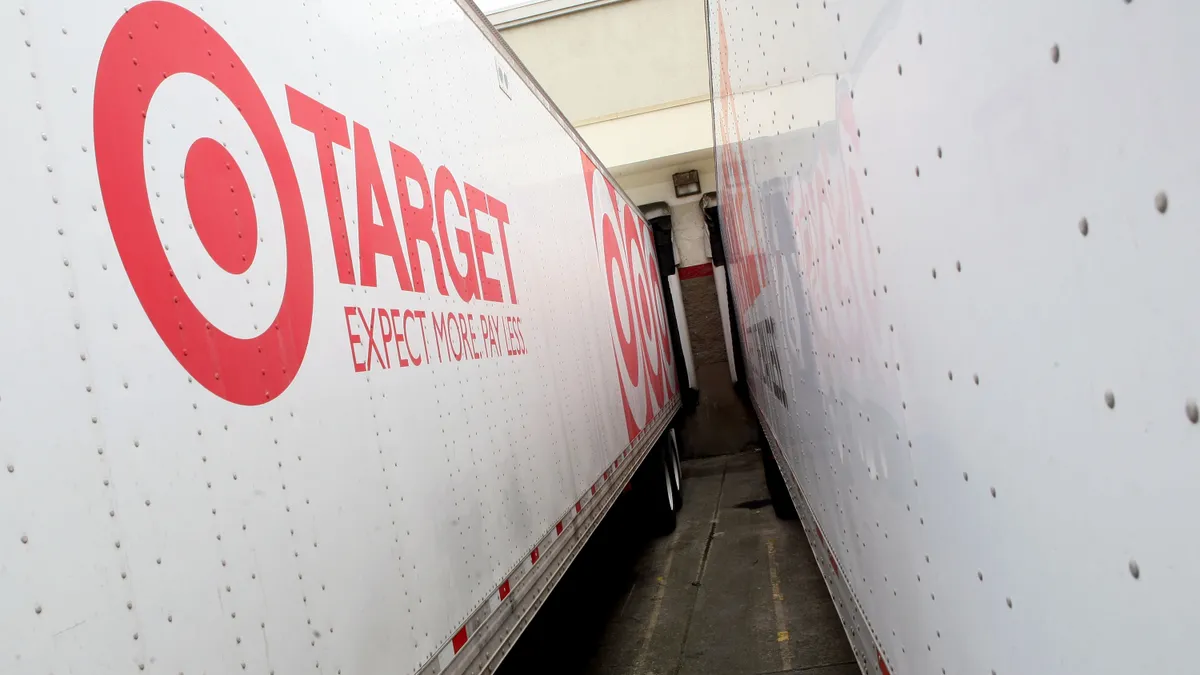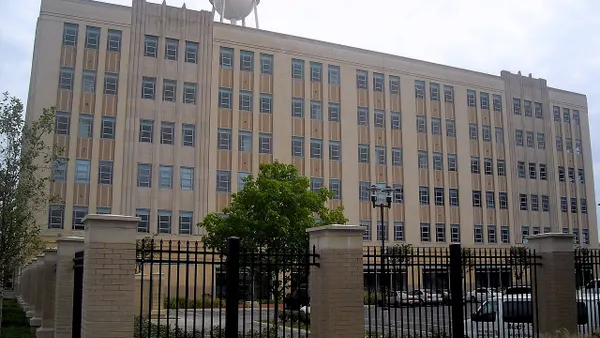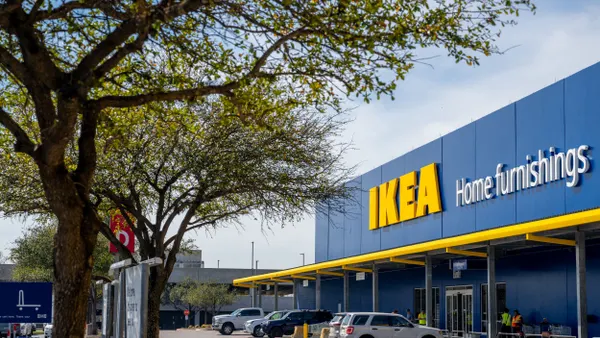Dive Brief:
- Smaller employers are keeping pace with nearby large retailers that are instituting higher minimum wages, according to an October 2021 working paper published by the National Bureau of Economic Research. The paper's authors included David Weil, former administrator of the U.S. Department of Labor's Wage and Hour Division and Biden's nominee for that same role.
- The paper examined minimum wage changes made by Amazon, Walmart, Target, CVS and Costco. The authors observed that surrounding employers tended to adopt the wages set by the bigger brands.
- While the spread of higher wages may appear a positive sign for workers, the paper also observed some negative effects of voluntary minimum wage hikes. After considering Amazon and its adoption of a $15 minimum wage in October 2018, the paper said surrounding employers showed small declines in employment.
Dive Insight:
As states, localities and employers have adopted higher minimum wage standards, the effects of the policies have been debated.
As the paper's authors pointed out, worker advocates have long called for a higher federal minimum wage. Many states have responded to the call in the absence of changes at the national level, and the same can be said of many cities. Some large employers like those named in the paper have committed to minimum wages that sometimes surpass those required.
Amid the gradual wave of change occurring below the federal level, some employers have reported worries about higher minimum wage standards. Business owners reported having to tighten operations following New York City's adoption of the $15 minimum wage in 2018. Employers told The Wall Street Journal the new standard forced them to cut staff, eliminate shifts and raise prices.
Despite such reported challenges, higher wages have become a recruitment and retention tool as employers face staff shortages and other pandemic challenges. Small business owners are raising wages at a record rate, according to an analysis of payroll data from 350,000 employers. And manufacturers said in September that they plan to increase pay by 3.5%, according to a report from the National Association of Manufacturers.














